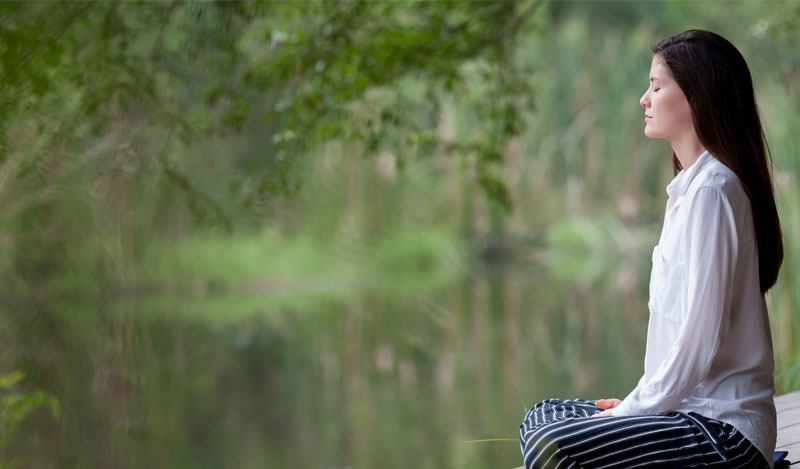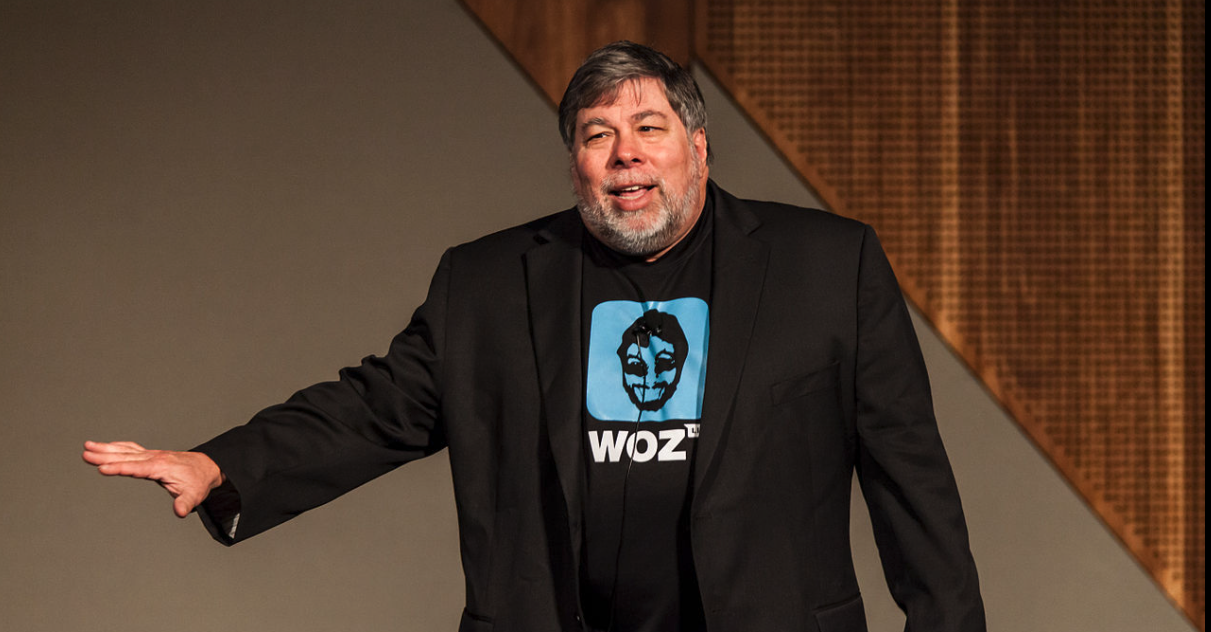Executive Burnout programmes at the new Thai Rehab centre helps tired and stressed workers get balance back into their lives. It includes counselling, as well as yoga, meditation and massage.
The Dawn, a rehab and wellness centre located in a serene and secluded natural setting in Northern Thailand, has introduced a therapeutic new program to cater for people dealing with stress and depression caused by overwork and pressure to perform at work.
“With the Internet and smartphone, everybody’s getting busier. It’s as if we are all working 24/7,” said Tony Tan, the clinical manager at The Dawn. “And it’s not just executives and businesspeople. So many of us are now working in competitive professions where our bosses demand higher results and longer hours. And having smartphones, we are expected to work anywhere and at any time – in the train, on the bus, at night, on days off. It takes a tremendous toll.”
Tan, a Singaporean psychotherapist, has been at The Dawn since it opened last year. He has been instrumental in designing the centre’s Executive Burnout programme, aimed primarily but not exclusively at those seeking to recover from work-related stress. The programme incorporates comprehensive therapy, life coaching, stress management, fitness, Thai boxing, massage, and spiritual activities such as yoga and meditation.
An average day on the Executive Burnout program at The Dawn begins with a 45-minute yoga session, followed by breakfast served buffet style in an open-air sala designed like a Buddhist temple. The group then breaks up into individual mindfulness or meditation lessons, before each client does an hour of gym or fitness with a personal trainer. After a group lunch, a counselor may offer some advice about managing stress, setting priorities, and self-care. Then it’s a one-to-one with a counsellor or psychologist, followed by a massage. In the evenings, the group may practice yoga or perhaps go on an excursion to see Chiang Mai and experience some Thai cultural activities.
Burnout is a state of mental, physical and emotional exhaustion caused by prolonged and excessive stress, Tan explained. Behavioral signs include abandoning responsibilities, social isolation, and venting frustrations on other people; symptoms include substance abuse, insomnia, depression, and other mental health issues.
“Of course, everyone has some stress and pressure in their daily life,” said Tan. “But when you become paralyzed by your stress, when you can’t get going or get things done, when your quality of life starts decreasing, I would say that’s where we define the move from stress to distress. That’s when you need some form of intervention or help.”
Catering for up to 20 clients at a time, The Dawn also provides treatment and counselling for those fighting addictions to drugs, alcohol, sex and gambling. The centre also runs an effective trauma programme for those who have experienced disasters, war or otherwise suffer from PTSD.
Those who are interested in heading to Chiang Mai to join the Executive Burnout program can sign up for the 12-day standard program or explore their issues at a deeper level by staying for one month. A counsellor will provide a free evaluation by telephone to ascertain their needs. Upon arrival, clients are welcomed with red carpet treatment and comfortably accommodated at this luxury “resort-like” facility. On the first day, they undergo a medical exam and visit their counsellor and a psychologist to gauge their mental health.
The Dawn is situated on the west bank of the River Ping, some 20 kilometres south of Chiang Mai. Surrounded by rice paddies and rainforest, it is an idyllic location for tranquility and peace of mind.















